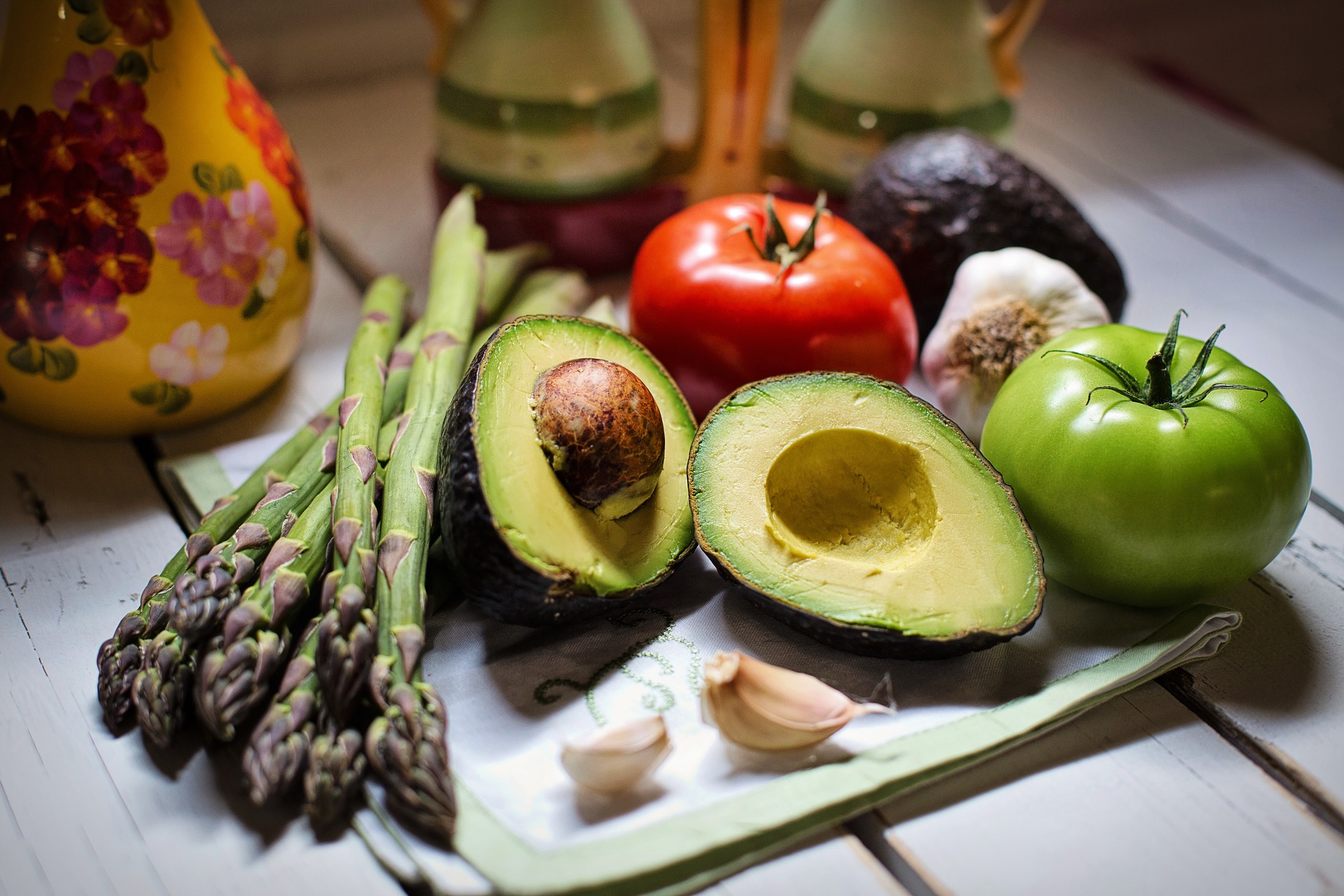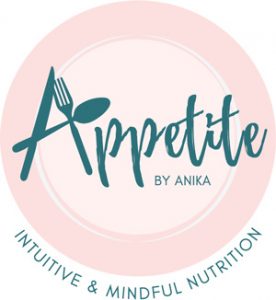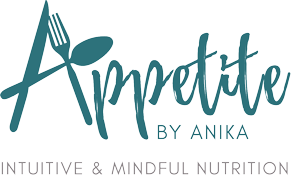In today’s highly-connected, social-media driven society, it would be hard not to notice an increased vegan presence across many aspects of our lives- from diets and cleaning products, to clothing and furniture. What was once a fringe movement, veganism is now a lifestyle cultivated in response to several sociological concerns; primarily health, environmental impact and animal welfare. Young adults are arguably the greatest users of social media. As such, they are no strangers to the momentum of popular culture, be it veganism or otherwise. So although the driving principles behind veganism are commendable, is adopting their dietary choices in particular safe for young adults? We’ll explore this in the article below.
What exactly is veganism?
Before we continue, let’s clarify what the term ‘veganism’ actually refers to. In its native sense, veganism describes a lifestyle that seeks to exclude the exploitation of animals for the benefit of humans. Nowadays, veganism broadly describes the avoidance of use or consumption of animal or animal by-products. In terms of dietary choices, this translates to the avoidance of consumption of meat and animal by-products- for instance honey, dairy and eggs.


Why are young adults adopting a vegan diet?
The global climate crisis we are facing today has left young adults fearful of the impending state of our planet. Australia’s recent Climate of the Nation Report estimated that 83% of Australians aged 18-34 years old were concerned about climate change. We needn’t look further than the recent Global Climate Strike or at Greta Thunberg’s emotive address at the UN Climate Action Summit to see these statistics. Fortunately, the young adults of today- particularly in the developed world- are equipped with the communication skills, autonomy and passion to respond to issues that matter to them. As such, for many of these young adults, adopting a vegan diet has been one of the more direct and tangible responses to an issue that extends far beyond them. Earlier this year, the UN Intergovernmental Panel on Climate Change (IPCC) released a report detailing ways in which climate change could be mitigated by 2050; one of these was eating a plant-based diet.
Nonetheless, there are a myriad of other reasons why young people may adopt a vegan diet. These reasons range from religious adherence and pop culture to food intolerances. Among the most common reasons, however, are environmental impact, perceived health benefits and animal rights/welfare. A growing awareness of these driving factors has encouraged the food and hospitality industries to cater to vegan diets. This has enabled the diet to become accessible to many young adults, despite family and peers following omnivorous diets. Australia is in fact the third-fastest growing vegan market in the world, behind the UAE and China.


Are there any nutritional benefits to the individual?
On average, only 5% of Australian adults reach the recommended serves of fruit and vegetables each day. So you would think that the inherent increase in plant foods on a vegan diet would be beneficial? However, as with any ‘diet’, nutritional benefits depend on what an individual actually eats. Studies have found that people who adopt a vegan diet for ethical (i.e. animal welfare) reasons, tend to consume higher amounts of processed vegan foods than those who adopt the diet for health. Regularly consuming processed foods high in sugar, fat and salt- whether vegan or not- are undoubtedly detrimental for health.
Nonetheless, a vegan diet can be just as nutritious as any balanced, plant-based diet with a variety of food sources. A recent, small-scale Finnish study on young adults found that vegans tended to have better cholesterol and fatty acid profiles than their meat-eating counterparts; that is, they had lower levels of LDL (also known as ‘bad’) cholesterol and saturated fat. They also had greater concentrations of protective phytochemicals in their blood, likely a result of the increased consumption of high antioxidant-containing plant foods. This was also compounded by a pilot study that found total cholesterol, and cholesterol and fatty acid profiles, could be improved in just 4 weeks by following a vegan diet.


Are there any nutritional risks with following a vegan diet at a young age?
Meat, seafood and animal by-products are powerhouses of various macro and micronutrients. There is evidence to suggest that individuals on vegan diets are commonly at risk of deficiency in four key nutrients- iron, B12, calcium and omega-3. Additionally, recent studies have found that vegans tend to have lower Vitamin D and iodine levels than their meat-eating counterparts. Without adequate planning, some individuals may also not be meeting their recommended daily intakes of protein. Such deficiencies can have negative long-term consequences on an individual’s health.
Red meat and poultry, for instance, contain the highest sources of protein. At its most basic level, protein is essential for the building, repair and maintenance of cells, tissues and muscles. Meat also contains haem-iron, which is more easily absorbed than the non-haem iron found in plant foods. Young women in particular need to maintain iron levels as menstruation puts some of them at risk of iron deficiency. For both men and women, meat and eggs are the only source of natural B12- a vitamin essential for nerve function and red blood cell production. Additionally, seafood provides the best source of omega-3-fatty acids, a polyunsaturated fat essential for the structure of cell membranes. Dairy products are potent sources of bioavailable calcium, and as such those on a vegan diet may be at risk of calcium deficiency. Calcium is a crucial mineral at any stage in life, but it is more pertinent for those under the age of 25 years old. This is because calcium is essential for the building and maintenance of bone, and adolescence is a period of rapid development that requires optimal nutrition. Peak bone strength is achieved around 25 years old; after that if calcium intake is inadequate, then the body draws on the bones’ calcium reserves.


Can these risks be minimized?
A vegan diet can absolutely be healthful with mindful planning and professional advice. If someone is considering becoming vegan, it is a good idea for them to take a full blood test to establish their individual baseline nutrient status with a GP and APD.
In terms of the common nutrient deficiencies mentioned above, there are several dietary practices that an individual can adopt to minimise deficiency risks. Adequate protein, for instance, can be achieved by aiming to include a serve of plant-based protein at each main meal. This could be having 30 g of peanut butter on toast at breakfast, 170 g of tofu at lunch and 150 g of cooked lentils at dinner. Sufficient vitamin B12 and calcium intake can easily be reached by choosing fortified cereals or plant milks, while iron absorption can be boosted by pairing its consumption with high vitamin C foods. Additionally, adequate intake of omega-3 fats may be reached by regularly consuming nuts and seeds such as flaxseeds and walnuts. Finally, supplementation for any nutrient deficiencies can be considered in conjunction with the advice of an APD.
The bottom line
Vegan diets can be made healthy but it is important to consult with a nutritionist or dietitian to ensure you are not missing out on any nutrients. As with any diet, it carries both nutritional benefits and risks. However, with careful consideration and professional dietetic planning, it can be a highly nutritious diet with low environmental and animal impact.






